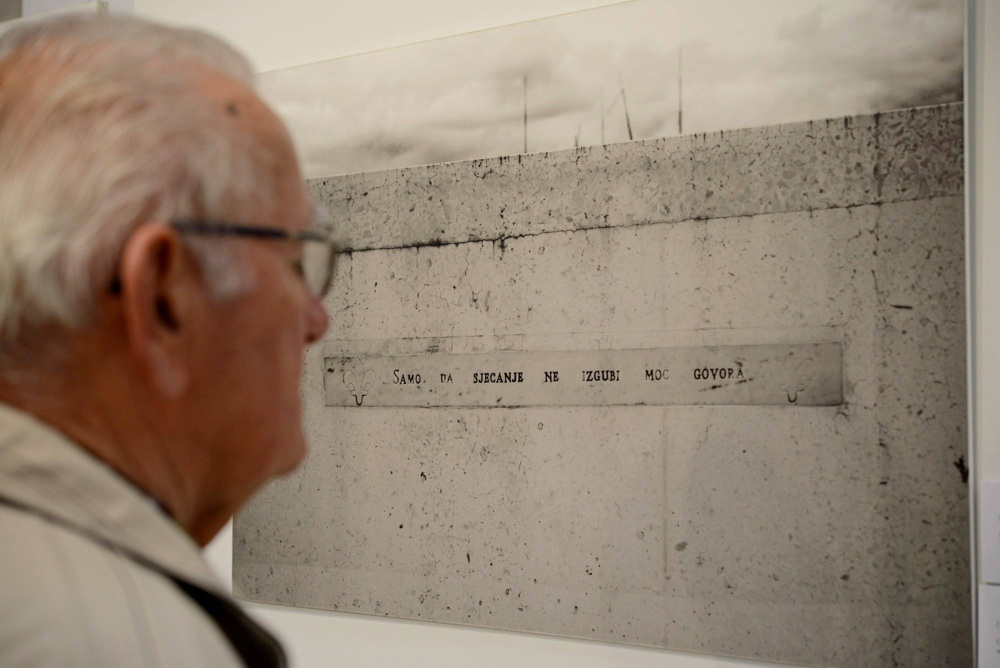
Veterans’ sorrow is profound, but so is their hope
The Center for Nonviolent Action, preaching peace for two decades.
Having given up on war, Kostić and other veterans now fight for peace.
Peacebuilding is made much more difficult by the official narratives of the countries CNA operates in, narratives that are not easily given up.

Dejan Kožul
Dejan Kožul is a journalist working for various media in Yugoslav space (Novosti, Lupiga, FTV, etc). For more than eight years he was the editor and anchor for the radio show KUPER which was broadcast on BH Radio, Radio Republika (Novi Sad), Radio Rojc (Pula), KLFM (Split), and Radio Apart (Beograd). He describes it as the territory with the most freedom and the ability to broadcast because there are no taboos.
This story was originally written in Serbian.